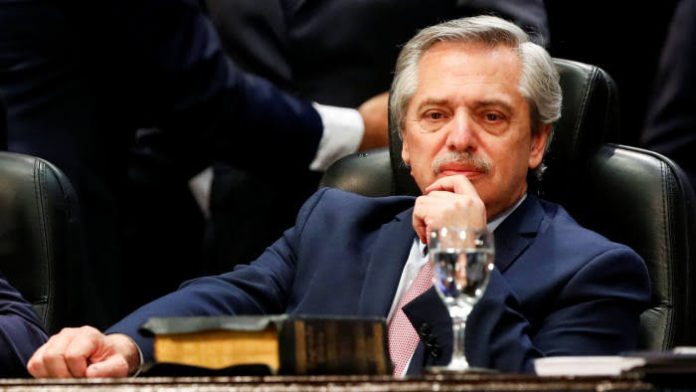A wave of anticipation and hopefulness can be felt in and around Argentina as the President announced on the first of March that a bill to legalise all abortions would be presented in the Argentine Congress in the next ten days. The world has again taken notice of the country trying to break away from the shackles of skewed and gender-specific antiquity and redundancy. It isn’t the first time, however, that the debate around abortion has taken centre stage in a Latin American nation and it is certainly not so in Argentina, however, there is a general consensus of optimistic buoyancy around the issue this time.
Argentina quite akin to most of its Latin American neighbours is mostly a Catholic country. Catholicism as the most accepted and followed religion in Latin America can be attributed to their Spanish and partly Portuguese colonial heritage. Catholicism and its widespread prevalence and acceptance has kept most of Latin America from legalizing abortion; while some countries like Argentina have made exceptions in cases of rape and/or grave danger to the mother’s life during pregnancy, countries like Guatemala have not even made those concessions. It is not uncommon to find cases of doctors and women imprisoned even in cases of miscarriage or stillbirths.
Argentina, however, is on the verge of turning a new leaf. It plans and hopes to join the league of Cuba, Uruguay, and Guyana; all countries where abortion is legal. While Cuba and Uruguay are both Catholic countries, Guyana mostly follows the Anglican Church owing to its British colonial legacy. If the bill for legalizing abortion manages to get an approval in the Argentine Congress, it would send out reverberations in the region not least because Argentina is a country of forty-five million people, also because of the Pope; the supreme leader of the Catholic world, Pope Francis is an Argentine.
The country has been through the motions of the attempts and debates around legalizing abortions for all women until fourteen weeks of pregnancy. While Argentina allows abortion in case of rape and danger to the mother’s life; most doctors still hesitate to perform such procedures in the fear of being persecuted by the law and also the social persecution that they might face; as in the case of the 11-year-old who was raped and impregnated. The doctors, who were well within their legal right to perform the C-Section surgery on the child were later condemned by the religious leaders of the society.
A campaign for legalizing abortion was launched in 2018, during the regime of former President Mauricio Macri. The campaign was vehemently contested by not only the church and the religious elite but also by the Pope himself who takes a great interest in the domestic politics of his homeland. The attempt to legalise abortion in Argentina came soon after the campaign to legalize abortion in Ireland succeeded with a majority vote in favour of legalization. It was believed that the same would happen in Argentina as Ireland also is a majorly catholic country and was believed to be on the conservative side in the context of social conventions. However, as abortion remained illegal in Argentina in 2018, it signified not only the hold of Catholicism and the religious elite on the nation’s politics; it was also symptomatic of the fact that there had occurred a southward shift in loci of power of Catholicism. While the refusal of the Argentine regime to legalize abortion was a religious decision it was also a political decision. At a time when the Argentine people were unhappy and dissatisfied with their head of state, a decision to potentially ire voters further would not have been a sound political step.
Abortion is as much a political decision now as it was in 2018. Legalizing abortion was one of the first campaign promises that the present Argentine President, Alberto Fernandez made to his voters. The narrative around abortion and also the political and social climate of Latin America are also not the same as it were in 2018. Fernandez has been vocal in the past about the long-term ramifications of criminalizing abortions for women. He has opined that the foremost job of a state is to protect its people and criminalization of abortion has led to poorer medical services, health, and potential danger of life for women of the country for far too long.
Instead of steering abortion towards religion and the need for religious reform or loosening of its noose around society, Fernandez has categorised abortion criminalization as a public health hazard. As he tips his hat towards the women rights activists who have fought for this demand for decades and also the women right activist of today who are trying to raise awareness about violence on women; he is also deflecting the attention of the public from an ailing economy and a debt crisis with no solution in sight. While this could deflect the public’s attention for some time, the move could also backfire in a deeply catholic country.
The views and opinions expressed in this article are those of the author.

Aparaajita Pandey is a Doctoral Candidate at Centre for Canadian, US, and Latin American Studies, Jawaharlal Nehru University and Asst. Professor at Amity University, NOIDA.


